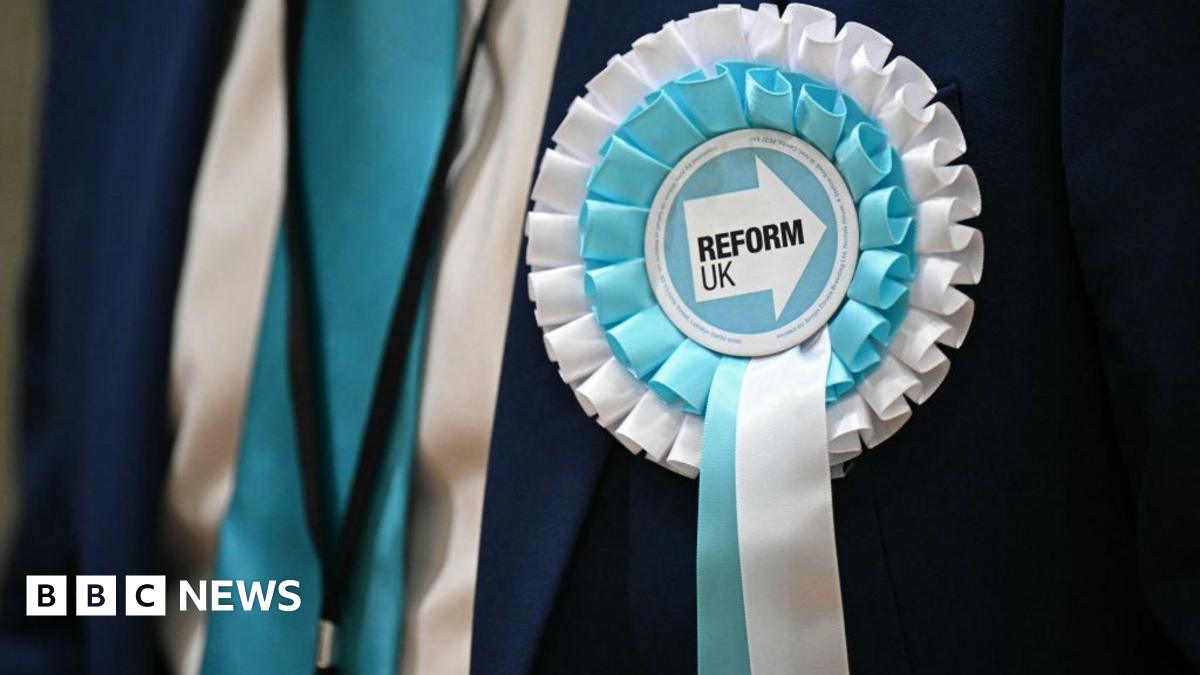I think one of the defining features of what I’ll call “new conservatism” (oxymoronic perhaps) is a lack of coherency almost by design. And I think that’s the thing that distinguishes it from the left. It’s not so much a difference of opinion on how to get there, it’s that the left has a set of idealised solutions/policies they want to achieve - welfare, social safety net, nationalised utilities and transport, workers rights, strong unions - whereas the right has a set of problems they want to solve but they don’t have a consistent methodology on how to solve them.
You look at Reform who aren’t that different to the Trumpians in the US. They don’t really have what we might think of as a policy platform. The whole things is built on a feeling. They don’t really know how to solve the problems they see, because once you start enquiring deeper their thoughts are full of contradictions. As a group they’ll say “too many immigrants, we want zero immigration.” And then you ask - “okay what about the players in your football team?” and some would say “oh they’re fine they’re contributing to the economy” whereas others would say “no, no exceptions”. Within that cluster of voters there’s not one solution, there’s a range of solutions that sit somewhere between us making student visas a bit harder to get, and us becoming full on North Korea.
That’s because it’s a cult of emotional sentiment. It’s not a forum for practical evaluation. And that’s not to say that this makes their choice of party “wrong”, emotional sentiment is extremely powerful. I think what
@BrianW has done above is essentially identify some specific examples of the kind of contradictions I’m talking about, but like you, I agree that it’s more nuanced. I actually don’t think there’s a couple of competing philosophies, there’s like… hundreds of extremely fragmented ideas that maybe don’t rise to the standard of “a philosophy”.


